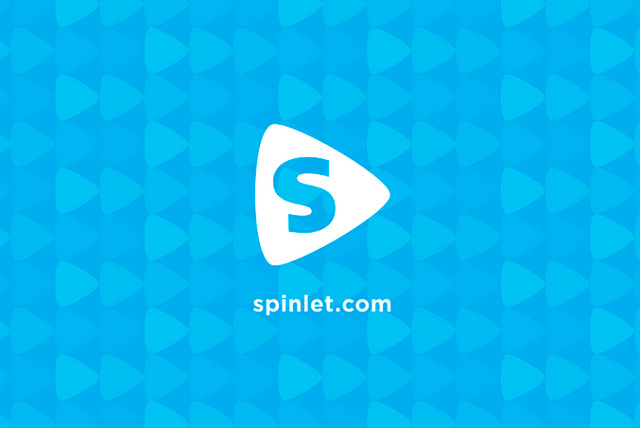The International Federation of the Phonographic Industry has appointed Spinlet as an International Standard Recording Code manager for Nigeria. According to Billboard, Spinlet is the first company to receive the task in Nigeria.
“I am particularly proud to announce that Spinlet has been appointed as Nigeria’s first ever ISRC Manager, and look forward to helping to implement this valuable system,” Nkiru Balonwu, Spinlet CEO told Billboard.
The ISRCs are unique identifiers for sound recordings and music video recordings developed in 1986 by the ISO, which helps to catalogue songs across the world and streamline rights management. It was in 1989 that the ISO designated the IFPI as the registration authority for ISRC.
IFPI in turn delegates part of the administration to national agencies and it’s where companies like Spinlet get involved. As a an ISRC manager, Spinlet has the power to grant the code to labels and recording artistes in Nigeria.
This development should further streamline digital music distribution in Nigeria where the industry has remained fragmented for a long time with little effort put into digital content licensing, aggregation and distribution.
Before Spinlet’s designation as a national agent, artistes and labels would “get ISRC only if they were distributing internationally via Tunecore, iTunes or some other similar international aggregator,” Rotimi Fawole, Head of Business Development at Spinlet tells me.
How Spinlet came to be a national agent is an interesting story. In Rotimi’s telling:
“We were researching something related and had cause to look up who assigned ISRCs in Nigeria. We were surprised to learn that no one was performing that function. Now, there’s a general problem with tagging and metadata in the Nigerian music industry anyway, with a lot of music being sent to us for distribution not having this info, which is pretty standard worldwide. So we approached the IFPI and after satisfying them that we could cope with the responsibilities alongside our regular digital distribution business, we were appointed the first ISRC Manager ever, for Nigeria.”
Spinlet has been evolving gradually since it launched in Nigeria in 2011. It has grown at a rapid clip to have 1.8 million registered users since 2013 when it had about 500,000 users. In the last four months, it has enabled full-length ad-supported streaming, upgraded its website and started publishing its original video series.
It’s also relating with the industry via its jam sessions for emerging talents.
Over the next few months, Spinlet says it will release a new feature called ‘Gospel Mode’ – a toggle button which a user can switch to censor non-Gospel titles. “It’s a way for people who would rather not interact with other genres of music to filter it out and turn the Spinlet service into a personalized gospel-only offering,” Rotimi tells me.
Normally, I would go listen to a gospel playlist if I needed an all-gospel Sunday evening, but I imagine this may (and that is a BIG may) work for parents who want to censor their kid’s listening selection on the platform. It’ll be interesting to see how Spinlet executes this.





















